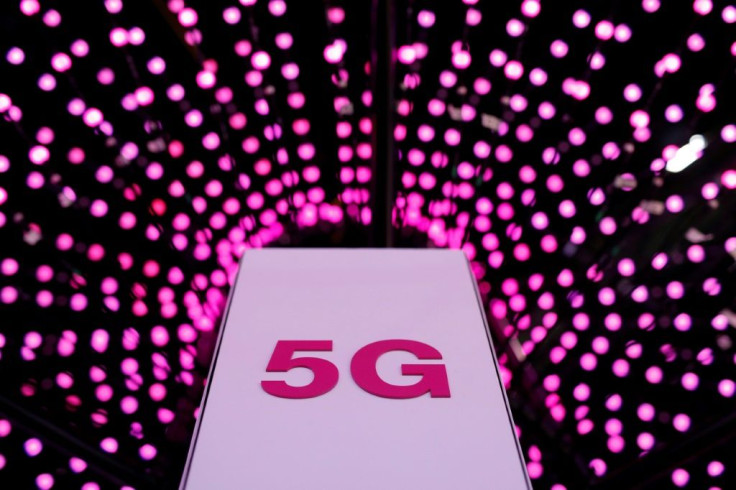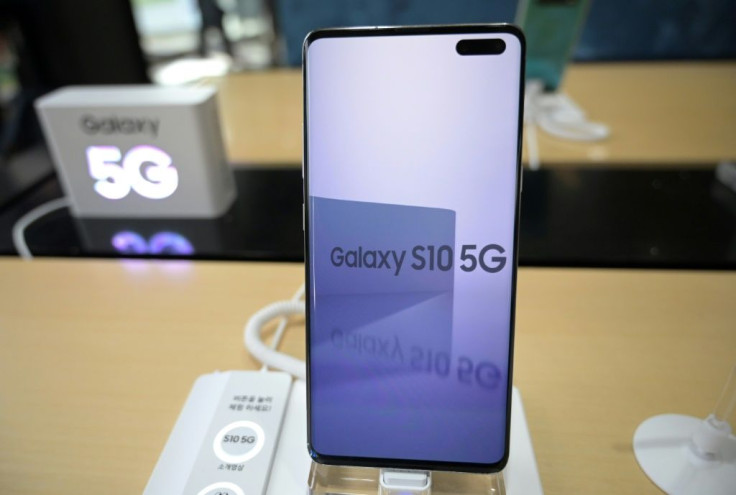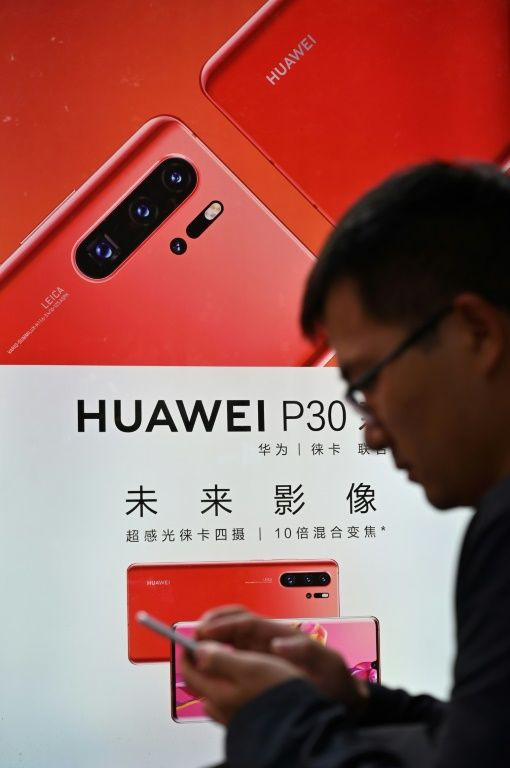5G: Five Things To Know

It promises a new era of technology, but in the here and now, super-fast 5G networking is one of the factors that has put Sino-US relations into a tailspin.
On Tuesday, in response to US sanctions on Huawei, Britain ordered the staged dismantling of equipment made by the Chinese telecoms giant from its 5G network.
Here are five things to know about the next generation of telecommunications:
It is the fifth-generation successor to 4G technology, which is a decade old and struggling to keep pace with global broadband demand.
The rollout of 5G promises radically quicker transfers of data, heralding major changes to an array of products and services from self-driving cars to remote surgery.
On the entertainment front, users will be able to download a high-definition movie in a few minutes compared to an hour or two.
The market for streaming video games, a rapidly growing area, will get a huge lift, as will the "internet of things" -- domestic appliances, lighting and other at-home technologies connected and operated remotely.

It's not just about speed of downloads and uploads; 5G brings much lower "latency" than 4G. That is the time lag between a command being sent by a user and a device acting on it.
In the real world, that brings into play the possibility of surgeons operating on patients from afar using augmented reality glasses.
The most visible gain from lower latency could be with the widespread advent of autonomous cars. But these will need 5G networks to cover huge areas, which is still some way off.

The technology is already in wide use in South Korea and for fixed internet lines in some US cities. It is also available in parts of Europe and Asia.
The global breakthrough -- widespread ultra-fast mobile networks on a par with 4G today -- is still in the works.
Britain conceded that Tuesday's decision on Huawei would delay its own 5G rollout by up to three years.
Worldwide, only one in five mobile connections will be running on 5G networks by 2025, mobile communications industry body GSMA forecast in March.

South Korea's Samsung and Huawei itself already offer 5G-enabled smartphones, but Apple has yet to launch a compatible model.
Governments first need to harmonise standards for the award of so-called millimetre-wave (mmWave) spectrum, which will carry the vast data flows promised by 5G.
That high-frequency mmWave spectrum starts at about 30 gigahertz. In contrast, 4G networks operate at lower than 6 GHz.
That means not only ultra-fast broadband but also much greater bandwidth for many more users and devices to be connected to the network at the same time.
To bring the promised speeds to the masses, 5G requires a whole new infrastructure of masts, base stations and receivers.
Among the networking companies in the race are Huawei, Sweden's Ericsson, Nokia of Finland, Samsung and NEC of Japan.
Mobile operators are expected to spend $1.1 trillion worldwide by 2025 in investment, 80 percent of which will be on 5G networks, according to the GSMA.
Huawei is the sector leader, and says it offers better technology at a lower cost. Critics say that is only possible because of lavish Chinese state support, and suspicions about the company don't stop there.
The US government says Huawei -- founded by former Chinese army engineer Ren Zhengfei -- is a security risk and has urged allies to shun its equipment over fears it could serve as a Trojan horse for Chinese intelligence services.
Australia and Japan have followed in freezing the company out of their 5G development, but Britain in January had extended a limited role to Huawei.
New US sanctions in May, which blocked Huawei's access to US semiconductors at the heart of 5G networks, prompted a review in London.
But most European countries have stuck by the Chinese company, which is already responsible for much of their 3G and 4G architecture. Even in Britain, the government concedes that Huawei will remain part of the older systems.
© Copyright AFP {{Year}}. All rights reserved.





















